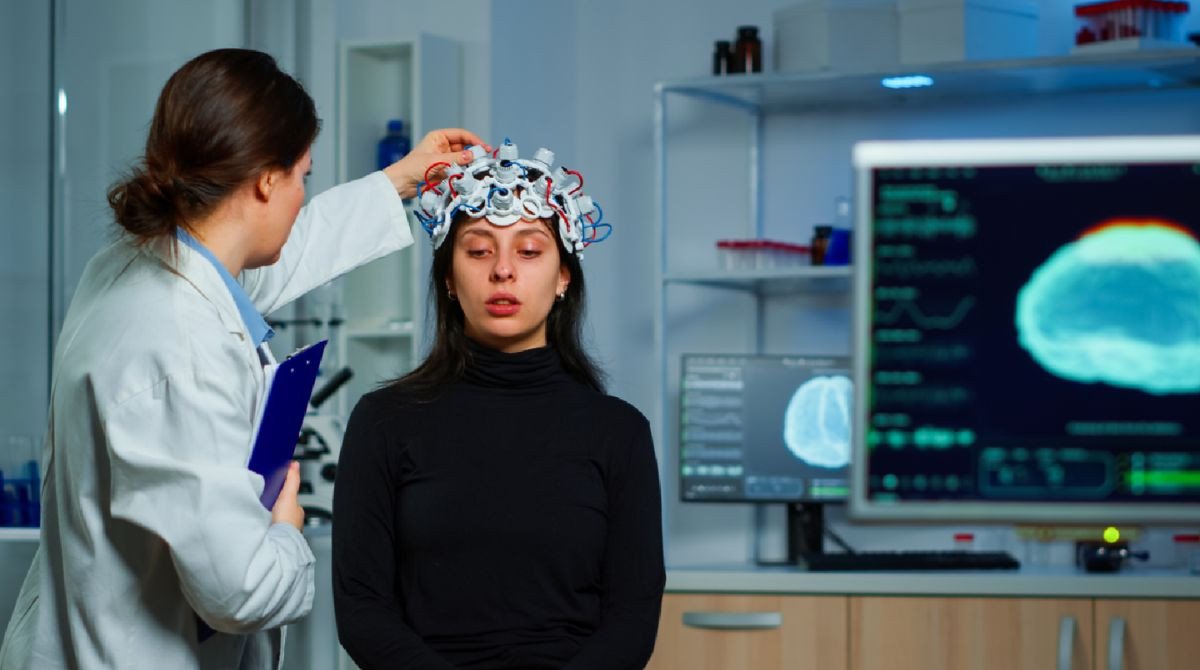- December 18, 2025

For centuries, the human brain has stood as an enigmatic labyrinth, its intricate workings veiled in mystery. Yet, fueled by insatiable curiosity and cutting-edge technologies, the field of neuroscience is steadily pushing the boundaries of our understanding, unveiling the secrets held within this most complex organ. Today, we're on the cusp of a new era in brain exploration, a time where the once unfathomable is becoming tantalizingly close to grasp.
Peering into the Neural Labyrinth: Unveiling the Brain's Architecture
Gone are the days of relying solely on scalp-based scans to glimpse the brain's activity. Advancements in neuroimaging, such as high-resolution MRI and functional MRI, allow us to delve deeper than ever before. We can now witness the symphony of neuron firing in real-time, map intricate neural pathways, and even identify the unique fingerprint of brain activity associated with specific thoughts, emotions, and behaviors. This detailed insight into the brain's architectural landscape is enabling a paradigm shift in our understanding of its function.
Beyond the Grey Matter: The Symphony of Cells and Circuits
Our understanding of the brain is no longer confined to the singular neuron. Neuroscience is delving into the intricate dance of communication within neural circuits, the interconnected web of neurons that orchestrates everything from our basic movements to our most complex thoughts. By studying the interplay of neurotransmitters, the chemical messengers that bridge the gap between neurons, we're shedding light on how information flows through the brain, shaping our perceptions, decisions, and consciousness.
Emerging Frontiers: Decoding the Language of the Mind
One of the most fascinating frontiers in neuroscience is the quest to decode the language of the brain. Brain-computer interfaces are no longer confined to the realm of science fiction. Researchers are deciphering the patterns of electrical activity associated with thoughts and intentions, opening up the possibility of controlling external devices with our minds. Imagine composing music simply by thinking the notes, or navigating a wheelchair through sheer mental commands. The potential applications of this technology are vast, holding the promise to revolutionize our interactions with the world around us.
Demystifying the Unseen: Understanding Consciousness and Mental Health
One of the greatest mysteries of the human experience remains the very essence of our being: consciousness. Neuroscience is shedding light on the neural correlates of consciousness, the specific networks and patterns of brain activity that give rise to our subjective experience of the world. This opens up avenues for exploring altered states of consciousness, such as sleep and dreaming, and even providing insights into the nature of mental illness. Understanding the neural underpinnings of depression, anxiety, and other mental health conditions can pave the way for the development of more targeted and effective treatment strategies.
The Challenges and Ethical Considerations: A Path Forward
The rapid advancements in neuroscience also present ethical dilemmas and challenges. Issues of data privacy, access to technology, and the potential for misuse of brain-computer interfaces require careful consideration and robust ethical frameworks. As we unlock the secrets of the brain, we must prioritize responsible and equitable use of this knowledge, ensuring that the benefits of neuroscience reach everyone, not just a privileged few.
A Future Painted with Potential: The Promise of Neuromodulation
The ultimate goal of neuroscience isn't simply to understand the brain, but to harness its power for good. Neuromodulation techniques, such as deep brain stimulation and transcranial magnetic stimulation, offer the potential to treat a wide range of neurological and psychiatric disorders. By directly influencing specific neural circuits, we can alleviate symptoms of Parkinson's disease, depression, and even chronic pain. The future holds the promise of personalized neuromodulation therapies, tailored to the individual's unique brain circuitry and needs.
The journey into the labyrinth of the brain is far from over, but each new discovery, each technological leap, brings us closer to unraveling its mysteries. The field of neuroscience is poised to revolutionize healthcare, unlock the potential of the human mind, and even help us answer some of life's most profound questions about consciousness, free will, and the very essence of our being. As we continue to explore the inner workings of this magnificent organ, the possibilities for the future seem as boundless as the human imagination itself.